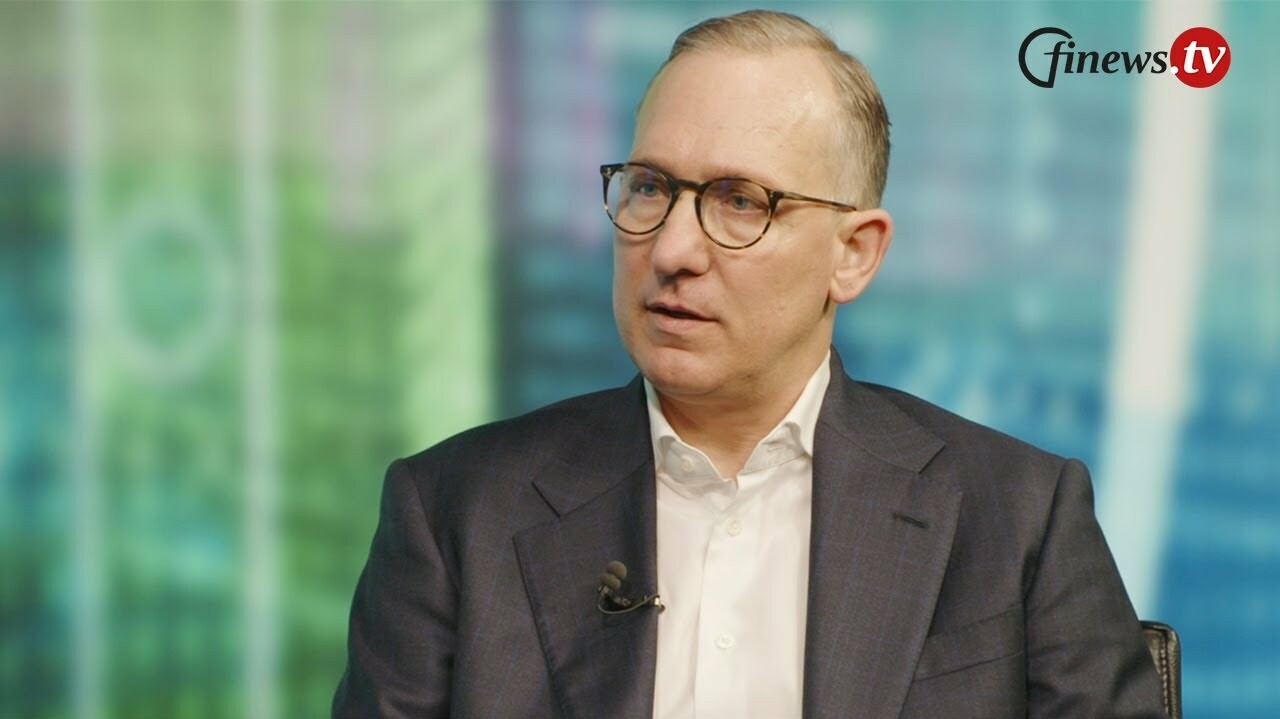Explained in 90 seconds
Portfolio consisting of high-quality growth stocks showing double-digit revenue growth
Regulation and stringent quality requirements limit the technological risk
Demographic changes and an aging general population demand greater efficiency and cost-effectiveness
Indexed performance (as at: 02.04.2025)
NAV: EUR 105.29 (01.04.2025)
Rolling performance (02.04.2025)
| HB-EUR | Benchmark | |
| 01.04.2024 - 01.04.2025 | -4.52% | n.a. |
Annualized performance (02.04.2025)
| HB-EUR | Benchmark | |
| 1 year | -4.52% | n.a. |
| Since Inception p.a. | -8.51% | n.a. |
Cumulative performance (02.04.2025)
| HB-EUR | Benchmark | |
| 1M | -10.09% | n.a. |
| YTD | -6.11% | n.a. |
| 1 year | -4.52% | n.a. |
| Since Inception | -15.77% | n.a. |
Annual performance
| HB-EUR | Benchmark | |
| 2024 | 2.73% | n.a. |
Facts & Key figures
Investment Focus
The fund’s aim is to achieve capital growth in the long term, is actively managed and invests globally at least two-thirds of the portfolio in companies whose business activities have a strong focus on the digitalization of the healthcare sector. Show moreShow less
Investment suitability & Risk
Low risk
High risk
General Information
| Investment Manager | Bellevue Asset Management AG |
| Custodian | CACEIS BANK, LUXEMBOURG BRANCH |
| Fund Administrator | CACEIS BANK, LUXEMBOURG BRANCH |
| Auditor | PriceWaterhouseCoopers |
| Launch date | 30.04.2018 |
| Year end closing | 30. Jun |
| NAV Calculation | Daily "Forward Pricing" |
| Cut of time | 15:00 CET |
| Management Fee | 1.60% |
| Subscription Fee (max.) | 5.00% |
| ISIN number | LU1773287583 |
| Valor number | 41638712 |
| Bloomberg | BBDHHBE LX |
| WKN | A2PA1C |
Legal Information
| Legal form | Luxembourg UCITS V SICAV |
| SFDR category | Article 8 |
Key data (31.03.2025, base currency USD)
| Beta | 0.86 |
| Volatility | 28.93 |
| Tracking error | 21.41 |
| Correlation | 0.68 |
| Sharpe ratio | -0.26 |
| Information ratio | -0.67 |
| Jensen's alpha | -14.92 |
| No. of positions | 33 |
Portfolio
Top 10 positions
Market capitalization
Geographic breakdown
Benefits & Risks
Benefits
- Demographic changes and an aging general population demand greater efficiency and cost-effectiveness.
- New technologies conquer the healthcare sector.
- Portfolio consisting of high-quality growth stocks showing double-digit revenue growth.
- Regulation and stringent quality requirements limit the technological risk.
- Bellevue – Healthcare pioneer since 1993 and today one of the biggest independent investors in the sector in Europe.
Risks
- The fund actively invests in equities. Equities are subject to price fluctuations and so are also exposed to the risk of price losses.
- The fund invests in foreign currencies, which means a corresponding degree of currency risk against the reference currency.
- The fund may invest a proportion of its assets in financial instruments that might under certain circumstances have a relatively low level of liquidity, which can in turn affect the fund’s liquidity.
- Equities linked to technology and/or digitization can be subject to higher-than-average fluctuations in value.
- The fund may engage in derivatives transactions. The increased opportunities gained come with an increased risk of losses.
Review / Outlook
After its strong performance in January (+8.8%), the Bellevue Digital Health (Lux) Fund (-3.7%) closed the month under review slightly behind large-cap tech stocks but ahead of US small caps. There was a pleasing decline in bond yields in February, with 10-year US Treasury yields falling 0.3% to 4.2%, and this should give equity valuations some prolonged support, especially in high-growth sectors such as digital health. Fund performance has also benefited from the fast-growing large-cap names such as Abbott (+7.9%), ResMed (-0.9%) or Stryker (-1.3%) that have been added to the portfolio since the summer of 2024.
16 of the 36 stocks in the fund's portfolio made a positive contribution to performance in the month under review, led by TransMedics (+13.0%), Privia Health (+9.3%), Waystar (+8.2%), Penumbra (+6.9%), and Doximity (+19.3%). These top performers all reported very good quarterly results and earnings growth at Doximity was surprisingly strong. Investor confidence in TransMedics and Privia Health was further strengthened by their very positive earnings announcements. Dexcom’s (+1.8%) full quarterly results helped its shares to extend their positive trend following the release of preliminary results in January. Chinese stocks in the portfolio have low weightings but AliHealth (+39.0%), Ping An Healthcare Technology (+29.1%), XtalPi (+28.5%), Yidu Tech (+25.7%) and JD Health (+5.6%) made a pleasing contribution of +0.4% to absolute fund performance.
Performance detractors were Exact Sciences (-15.4%), Align (-14.6%), Globus Medical (-13.4%), Natera (-12.1%), Procept BioRobotics (-11.3%), Illumina (-33.1%) and 10X Genomics (-28.7%). Exact Sciences reported lower-than-expected profits in its latest quarterly earnings announcement and although its 2025 sales guidance was reiterated, management said growth was not expected to pick up until the second quarter, whereas investors had been pricing in faster growth already for the first quarter. Quarterly results from Procept BioRobotics beat expectations, but the sales growth of handpieces and consumables was a bit lower due to an acute saline shortage in the US that led to a notable drop in the number of procedures performed. System sales growth was significantly higher. We believe management's outlook for 2025 is on the conservative side and despite that consensus expectations are even lower. We also wouldn't rule out an upward revision as the year progresses. As expected, Globus Medical's takeover bid for Nevro got a cool reception from investors, for one because the transaction would dilute Globus Medical's earnings and second because the competition in Nevro's core business – implantable neurostimulation devices for chronic pain relief – is fierce and the pressure to innovate is high. Globus Medical, however, sees a clear competitive advantage over a long-term horizon in being able to offer end users, spinal surgeons, the widest possible range of solutions from a single source. Its management is willing to weather a temporary reduction in earnings power in order to achieve this. Illumina and 10X Genomics retreated mainly because of the funding cuts the new US government is planning to make at the National Institutes of Health (NIH), the world's largest medical research agency. All performance data is in USD / B shares.
The approval and subsequent launch of relevant new products will continue to bolster sales growth, too. Examples here are Inspire Medical's new Inspire 5 device for obstructive sleep apnea, Dexcom's Stelo and G7 blood glucose sensors, Intuitive Surgical's new da Vinci 5 surgical robot, and Insulet's Omnipod 5 patch pump.
We expect good tailwinds for our investment solution: In addition to innovation as the key driver of value, other factors such as attractive valuation levels (price/sales multiples are close to historical lows), an expected increase in M&A and IPO activity, and a general repositioning of investor assets out of stocks that have made big gains and into top-quality stocks also speak in favor of an investment in the Bellevue Digital Health (Lux) Fund.
Documents
Show moreShow less








